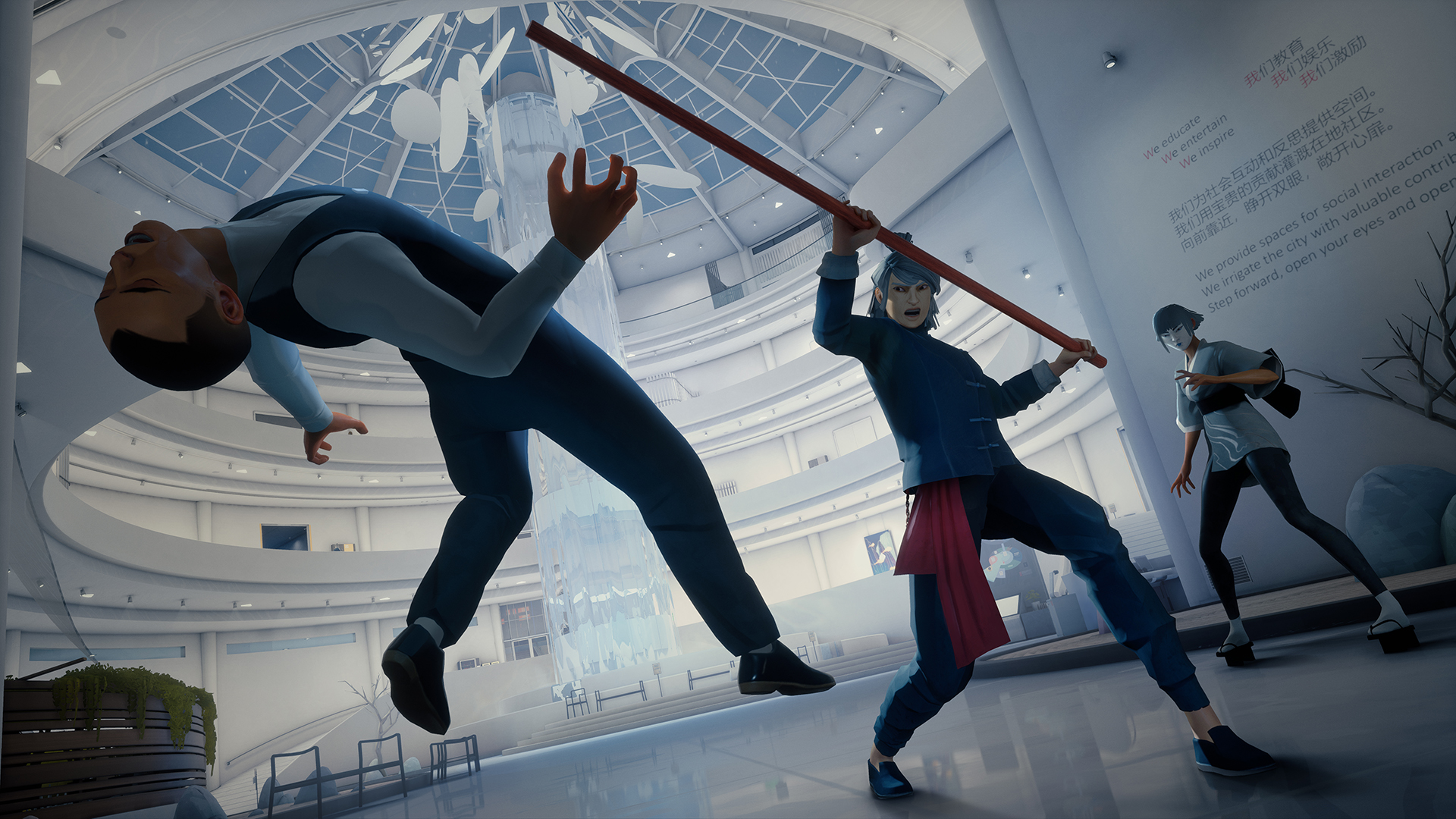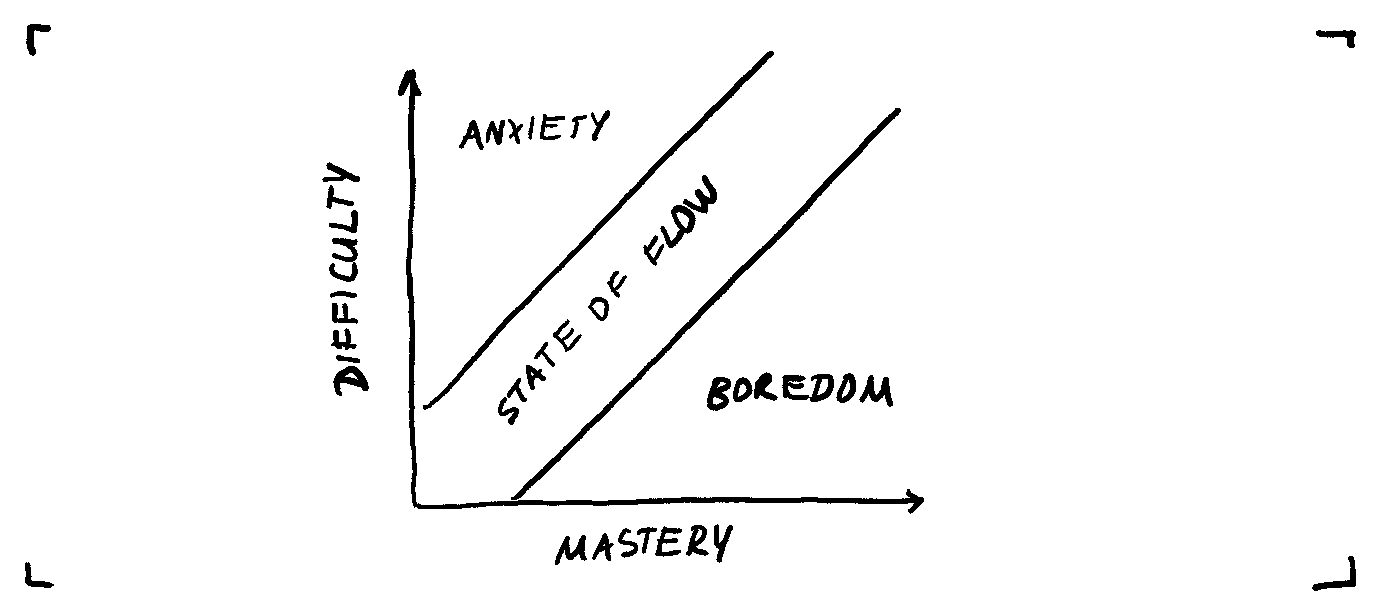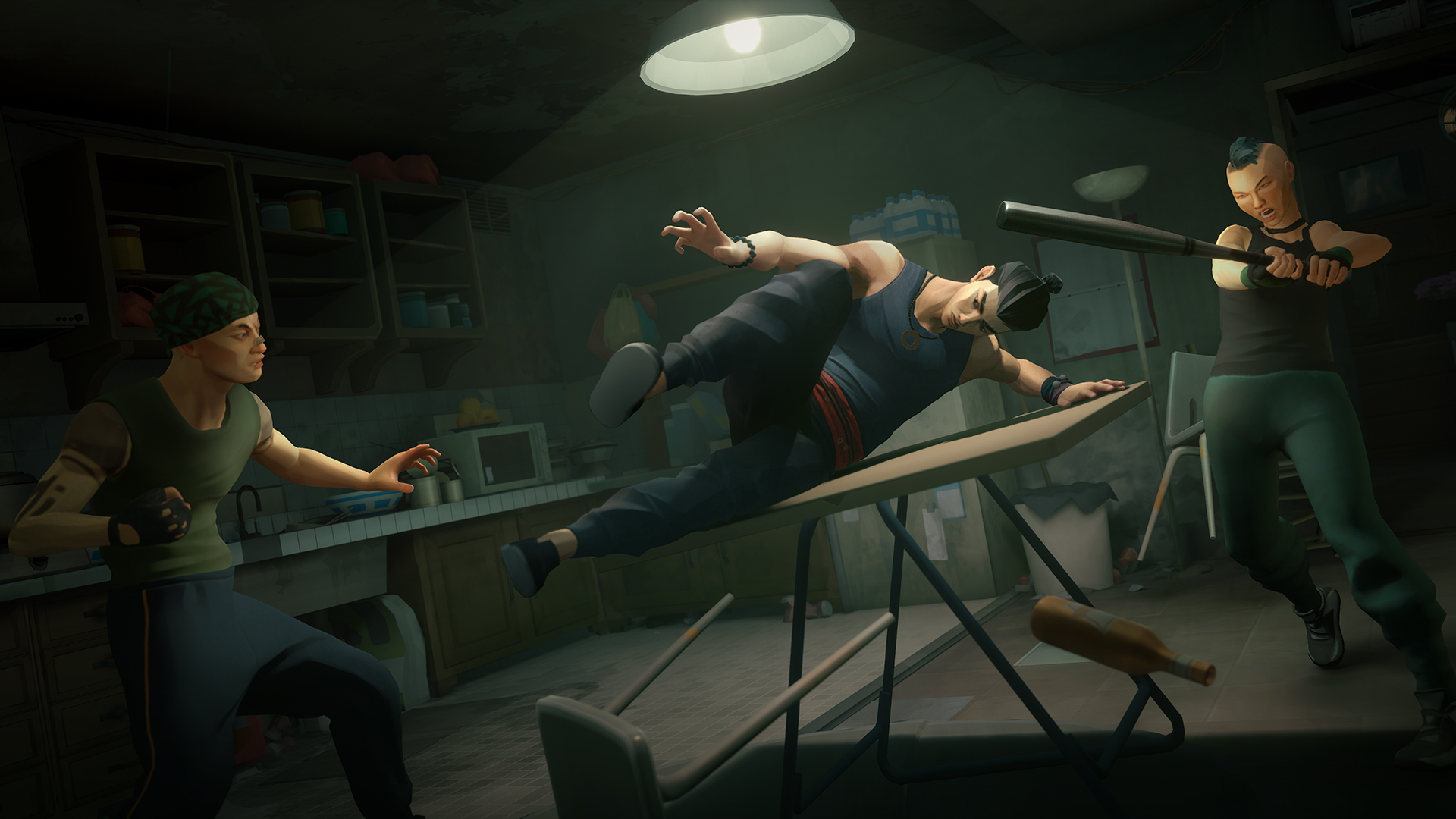Sifu and a state of flow
It’s not a hot take that I really like Soulsbourne video games: games like Dark Souls, Sekiro, Elden Ring. There are many reasons behind my appreciation for the titles: fascinating lore delivery mechanisms, selfless multiplayer cooperation, or thought provoking art direction.
But one faucet of these games ties together the experience: combat. Tight, responsive, and unforgivingly difficult. And mainstream critical success of these games is what allows us to see publishers take more risks with difficult games.
And nothing makes this more apparent than a game stripped down to its core: Sifu. Okay, bear with me - Sifu has nothing to do with the Dark Souls franchise, and the small French Sloclap studio is as far away as you can get from the now behemoth of the industry From Software.

But Sifu is just that: a responsive, fluid, and unforgiving combat experience masquerading as a game. Sifu is a revenge story set in modern-day China, that sees you play through through five levels, each of which culminates with a boss fight.
There’s a twist: every time the character dies, they get older - increasing their damage and reducing their health. Once you go past 80 - it’s game over. This forces the player to master each level, as the player is incentivised to finish each level at the youngest possible age.
The game’s final boss - a man who killed the protagonists’ teacher is hands down one of the hardest boss fights I have experienced in the video games. He’s immune to every cheap trick you might have in your sleeve, attacks relentlessly, and leaves nearly no room for error.
And it’s this boss fight that really made me aware of the state of flow difficult combat forces the player into.

State of flow, or the feeling of “being in the zone” is a state of intense concentration, a perfect balance of difficulty and skill. State of flow is immensely satisfying, and time flies by in an instant while you’re in the zone. And difficult games force the player into the state of flow to progress.
State of flow has many benefits: increasing concentration, creativity, problem solving abilities, and even boosting self esteem. Among many benefits, state of flow helps to reduce stress and anxiety: it’s an inherently relaxing and enjoyable experience, and is one of the main reason I like playing difficult games, even if I’m exhausted after a long day. I can rely on an induced state of flow to help myself relax.
Back to Sifu’s final boss.
The only way I was able to defeat the final boss in Sifu is by sitting back, relaxing, and letting the built up muscle memory take over. It’s a beautiful experience akin to playing an instrument - something that requires the right amount of concentration: too much focus would make you get in your own way, too little would allow you to get distracted. It’s a state of flow, which I immensely enjoy, and which games like this help me enter.

But it isn’t until a second playthrough, which the game encourages you to take to experience the full story, that you’re able to appreciate all the progress you made, and reenter the state of flow for the duration of the full playthrough. Because you’ve already completed the game, there’s confidence in mastery of the game’s systems, but the difficulty and unforgiving nature of encounters still keep the game a challenge.
I think this applies to many games that are built with high difficulty - be it platformers like Celeste, or even tactics games like XCom. In fact, I’d be really curious to see how more cerebral video games get the player into the state of flow - I might dig into that someday.